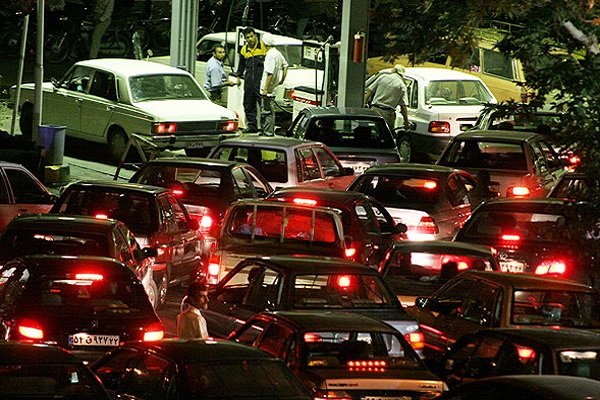Inexpert views

These days there are plenty of unprofessional and populist remarks against a plan by the government to increase petrol and diesel prices for the next fiscal year, which starts on March 21, 2018.
Some of these remarks are made by parliamentarians. For example, MP Jahanbakhsh Mohebinia, who sits on the Majlis Budget and Planning Committee, has told ISNA that parliamentarians will “resist” a rise in fuel prices. He has said increase in fuel prices will push people “below the poverty line”.
Such remarks by certain MPs who want to get reelected is not unprecedented. For some MPs securing a seat in the parliament in elections stands above the long-term national economic interests.
This is also true in the case of presidents. Usually, in their first term, presidents refuse to increase petrol prices because they also want to win a second term.
Unfortunately, populist economic policies and remarks have many advocates among the public.
It is more regrettable that some academics also oppose increase in fuel prices. Such academics either do not have enough knowledge of economy or their political tendencies outweigh their expert knowledge.
It is enough to remember that before the government increased bread price some farmers used bread to feed their poultry and cattle. This trend still continues to a lesser degree as the subsidy for bread has not yet been completely cut.
Those parliamentarians and experts who oppose increase in petrol prices must provide practical alternatives to the “vicious cycle” of cheap petrol. They must provide solutions for extravagant use of petrol, unstoppable production of fuel inefficient vehicles, rapid increase in use of four-wheel drive cars, and most importantly the extremely great challenge of air pollution.
It is true that increase in fuel prices is “bitter” and not a “panacea” to all these problems, yet it can, to some extent, put brake on excessive use of petrol, which its consumption has risen to about 80 million liters per day. It can also come as a wakeup call to the unchallenged auto companies that their cars’ fuel consumption, in some cases, go from relatively good to bad and from bad to worse as the time passes. There are examples to cite.
One cannot make a prejudgment about the decision of Majlis about the price of petrol for the next year as serious deliberations on the national budget bill has not yet fully started. But if they decide to put a cap on the petrol price as was experienced in the seventh parliament (2004-2008) they will also be responsible for continuation of this vicious cycle.
In the sixth parliament (2000-2004) it was decided to bring the petrol price to the market level within five years, however the next parliament overturned the law and it was boasted as a “gift” to the nation.
Now, it is expected that this experience would not be repeated and the country stop frequent trials and errors. MPs are expected to allow a jump in petrol price, if not diesel price. Then it can constantly monitor how the revenues from price rise are spent.
It is necessary to know that preventing gradual increase of fuel prices contravenes the five-year development plans. This becomes imperative as the government faces budget constraints in pushing ahead with its economic priorities.
Let’s rely upon the views of unbiased experts in making economic decisions and take lessons from the experiences of successful countries. Let’s put an end to inexpert views and stop trial and error.
PA/PA
Leave a Comment